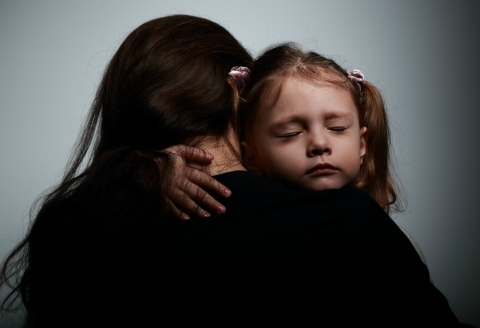Post-traumatic Stress Disorder (PTSD)
Post-traumatic Stress Disorder (PTSD)

At INTERFACE Referral Service, we focus on connecting members of our communities with mental health providers. We also value the importance of learning about the mental health conditions that may be affecting your thinking, feeling, behavior, or mood.
Therefore, we have created "Mental Health Topic Pages". The majority of our topic pages will direct you to Network of Care Massachusetts! Network of Care Massachusetts has a library database of over 30,000 fact sheets and articles. Topics on behavioral health issues are written by leading experts and organizations in their fields.
WHAT IS PTSD?
Post-traumatic stress disorder (PTSD) can occur after you have been through a traumatic event. A traumatic event is something horrible and scary that you see or that happens to you. During this type of event, you think that your life or others' lives are in danger. You may feel afraid or feel that you have no control over what is happening.
Anyone who has gone through a life-threatening event can develop PTSD. But people don't always have to see a traumatic event or have it happen to them to get PTSD. Sometimes learning that a traumatic event happened to a loved one can cause PTSD.
These events can include:
- Combat or being sent to a combat zone.
- Military sexual trauma.
- Terrorist attacks.
- Physical violence.
- Sexual violence, such as rape.
- Serious accidents, such as a car wreck.
- Natural disasters, such as a fire, tornado, flood, or earthquake.
- Life-threatening illnesses, such as cancer.
- Living in or near a conflict, such as war.
Source: Network of Care Massachusetts
To learn more, visit these Network of Care Resources:
Helping Traumatized Children: An Overview for Caregivers
Deciding to Get Treatment for PTSD
